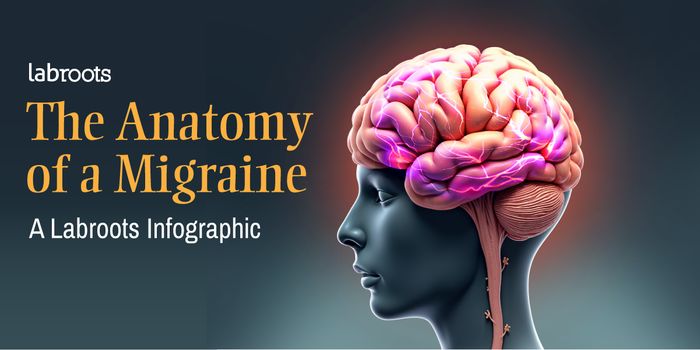A Way to Identify Narcissists
Detecting certain personality traits or characteristics can be challenging, but now scientists have found a way to diagnose narcissistic traits in individuals. The work used techniques called electrocardiography and facial electromyography (fEMG) as well as questionnaires to assess how people with narcissism responded to negative comments about their behaviors. The findings, which showed that narcissists tend to make certain movements in facial muscles when getting a bad review of their work, have been reported in the journal Psychophysiology.
Most people tend to see themselves in a positive light, and research has shown that people will protect that positive view. When individuals get negative social feedback that conflicts with that good perception of themselves, they may feel angry or ashamed, and often exhibit physiological changes, such as a cardiovascular response to that negative feedback.
Narcissists have particularly pronounced reactions to events that threaten their positive self-perception. These individuals tend to feel they are entitled to special treatment and have an exaggerated sense of self-importance. Narcissists also usually need a lot of admiration and validation. However, there are also different types of narcissism, such as grandiose narcissism that is seen in extroverted, aggressive people or vulnerable narcissism that is exhibited by anxious, introverted, hypersensitive people.
This research focused on grandiose narcissists. Studies have indicated that these individuals tend to become angry and aggressive when confronted with negative feedback, although these people don't always self-report those feelings during tests. Physiological indicators like increased cortisol levels and cardiovascular activity, however, have shown that they are reacting strongly.
Narcissistic traits can cause problems in relationships, but it can be extremely difficult to make such an assessment when first meeting someone. But this study has found a small indicator of narcissistic tendencies.
In this study, 57 healthy volunteers were recruited. They were told they would be given a memory test in which they had to listen to a short story, and then answer multiple choice questions about it, some of which were easy while others were quite difficult. Sensors were used to measure the activity of their facial muscles and heart. The participants were given feedback on their responses, which was either positive, neutral, or negative. All of the individuals were queried about their experiences, and tested for narcissism with a standard metric called the Narcissistic Personality Inventory.
This study showed that people with higher levels of narcissism also exhibited small, quick, transient movements in their facial muscles when they got negative feedback. The study authors noted that this agrees with previous work that has identified physiological responses to negative feedback in narcissistic individuals. The conclusions are also similar to a pattern that has been found in people with a repressive coping style. The study did not find that narcissists had any elevation in heart rate due to bad reviews, however.
The study acknowledged that facial muscle movement can be ambiguous, however, so use caution if you are judging others based on these tics.
Sources: University of Helsinki, Psychophysiology









